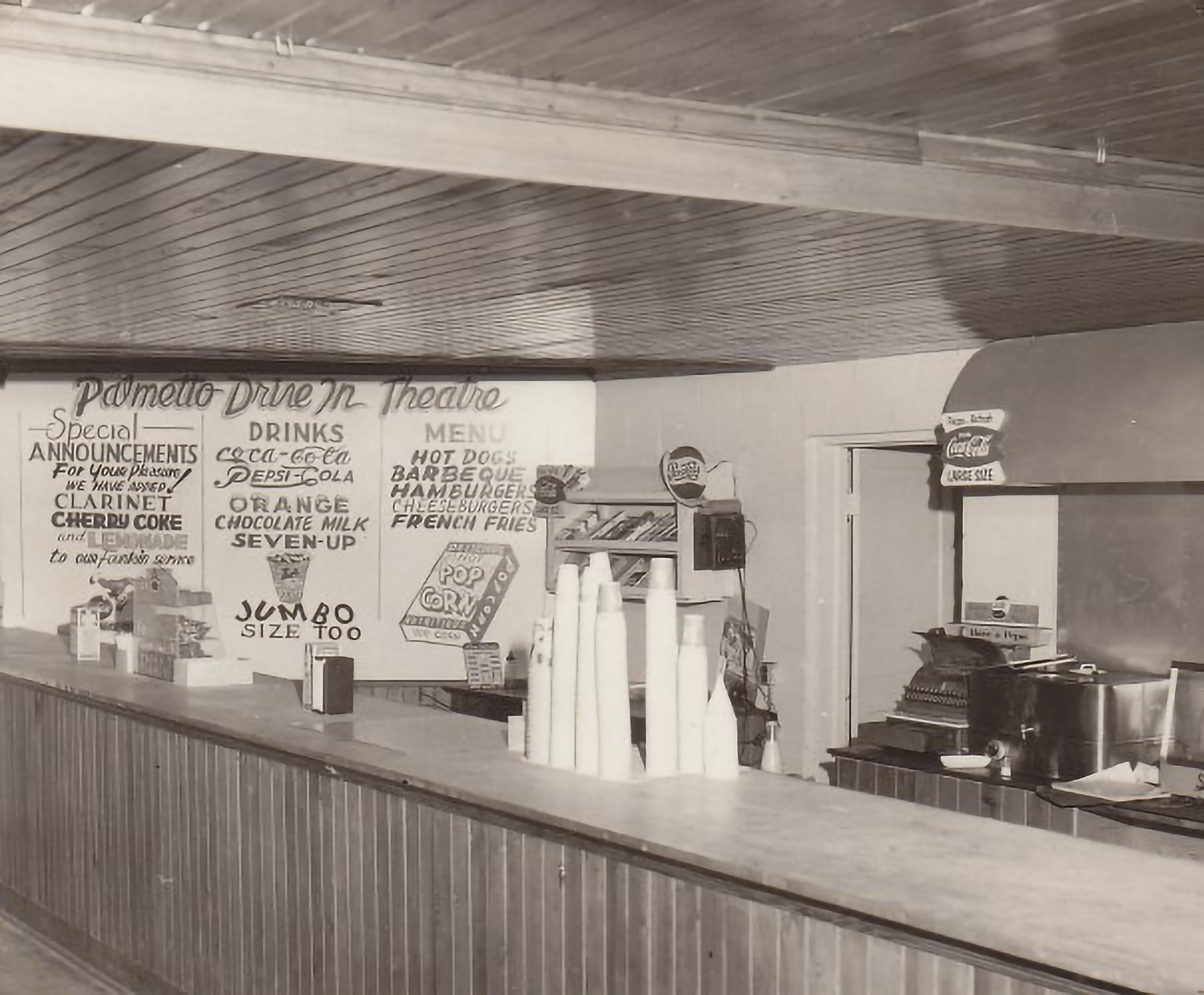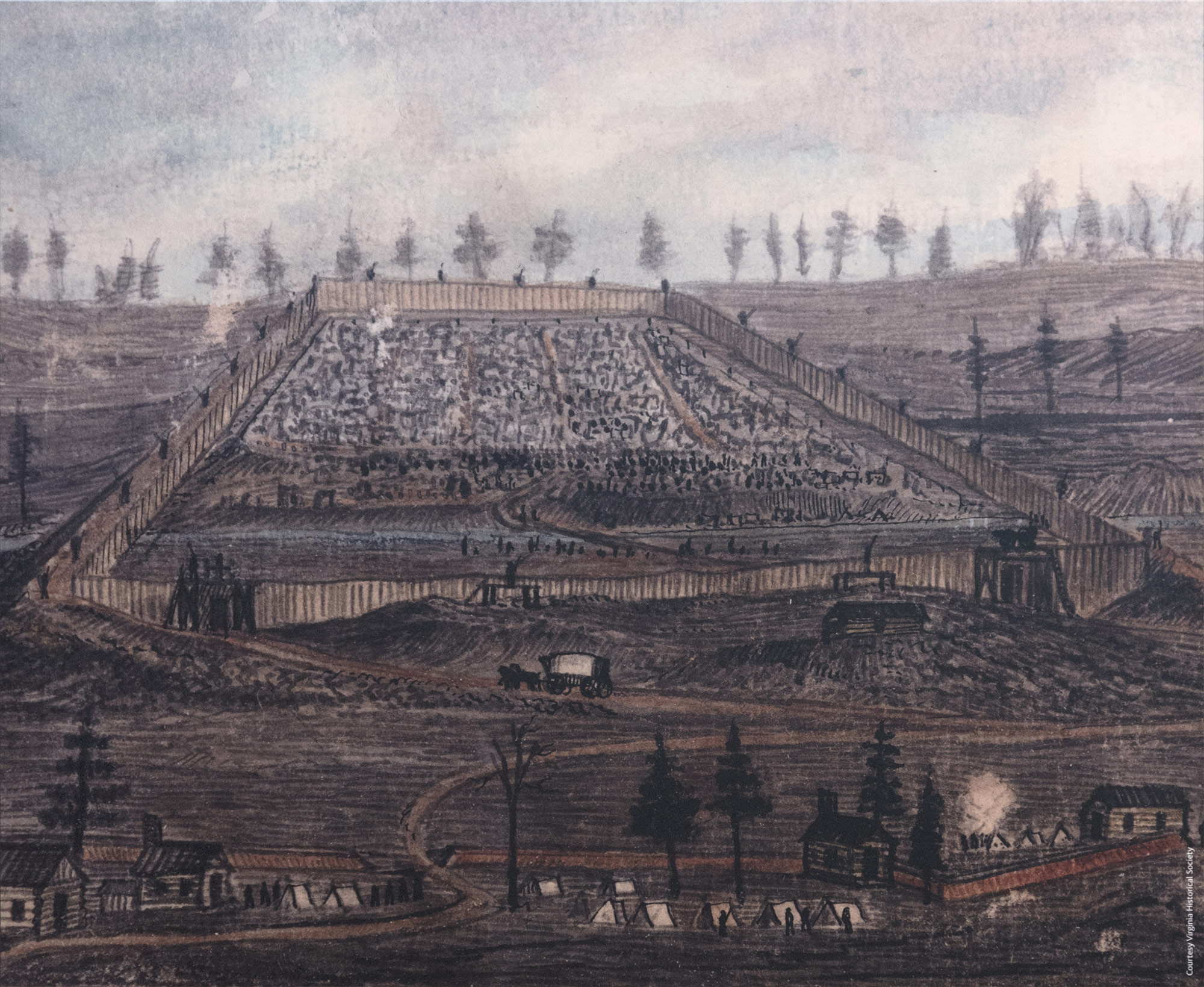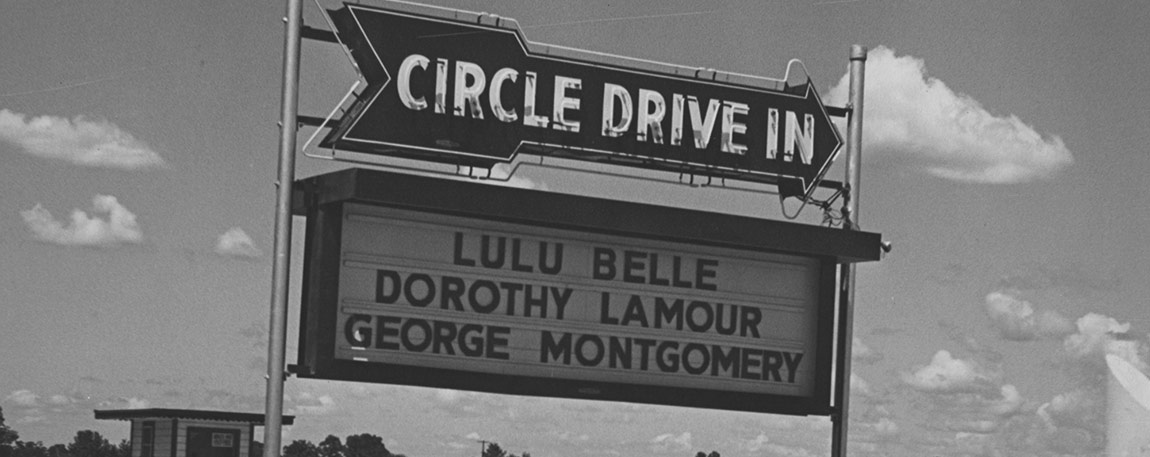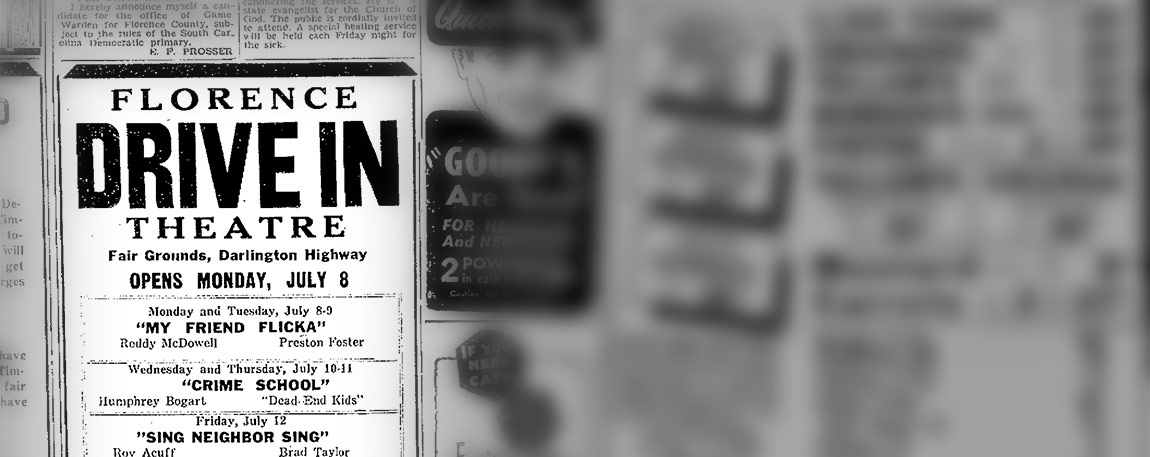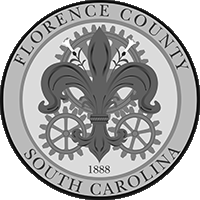Above: Palmetto Drive-In concessions stand
Undated
Between 1946 and 1952 no fewer than four drive-in movie theaters opened in Florence: The Florence Drive-In, The Ace (Bright Leaf), The Circle, and last but not least, the Palmetto Drive-In Theater.
The Palmetto was located on the north side of the Darlington highway (US 52 / Lucas Street), near the intersection with Cashua Drive, at the present site of the Efird Chrysler car dealership.
The Ace and Circle drive-ins were already well established, and the Palmetto was further away from town. However, it offered some competition for the Circle because its location attracted customers from Darlington.
Although many people in Florence still remember the Palmetto, they may be surprised to learn the story of its owner, William Henry Smith, and his deeper connection with drive-in culture and Southern American cinema in the 1970s.
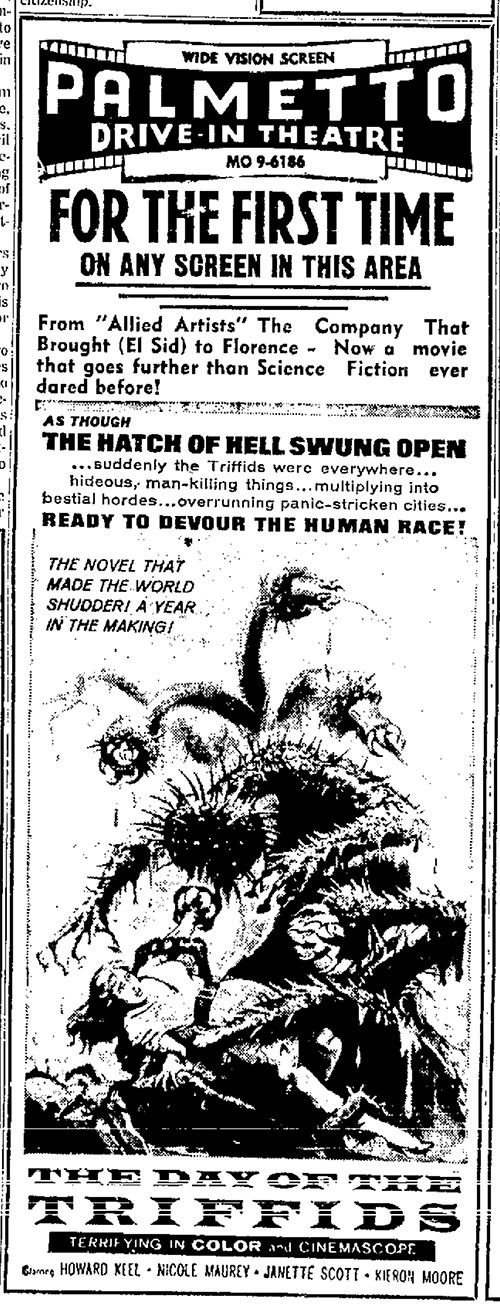
The Day of the Triffids
Florence Morning News
August 18, 1963
page 6
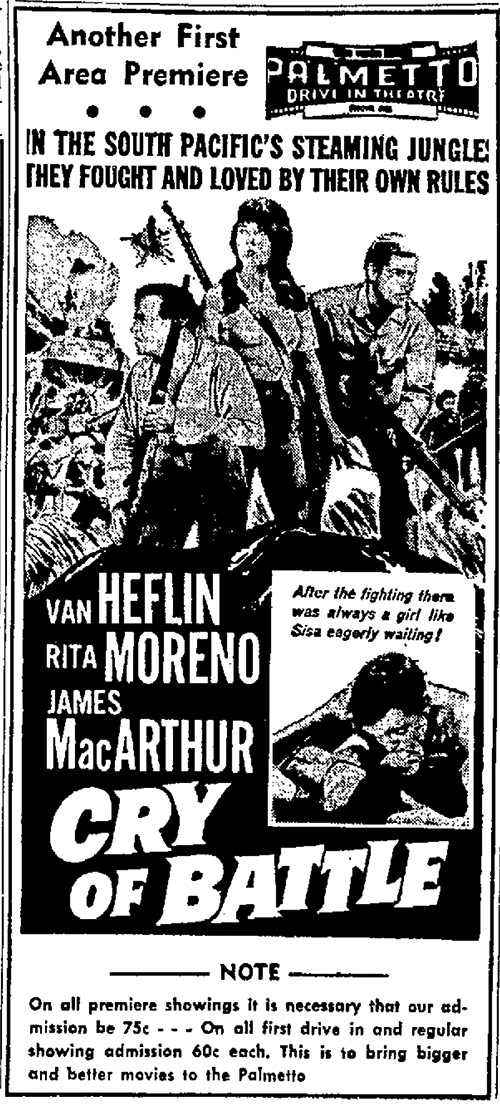
Cry of Battle newspaper ad
Florence Morning News
November 10, 1963
page 6
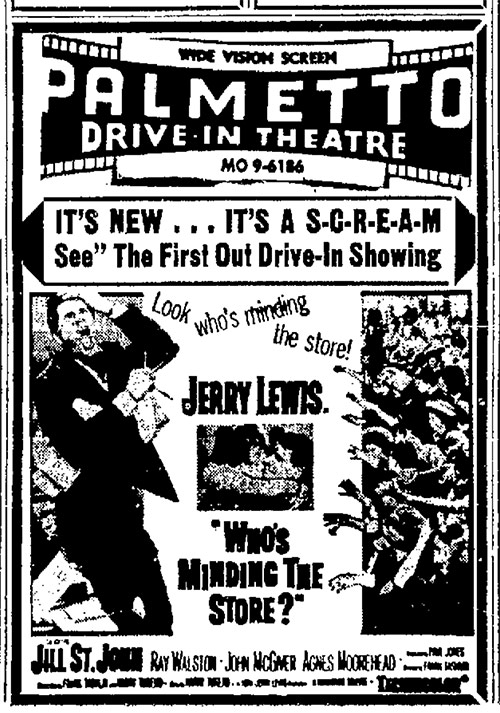
Jerry Lewis newspaper ad
Florence Morning News
February 23, 1964
page 6
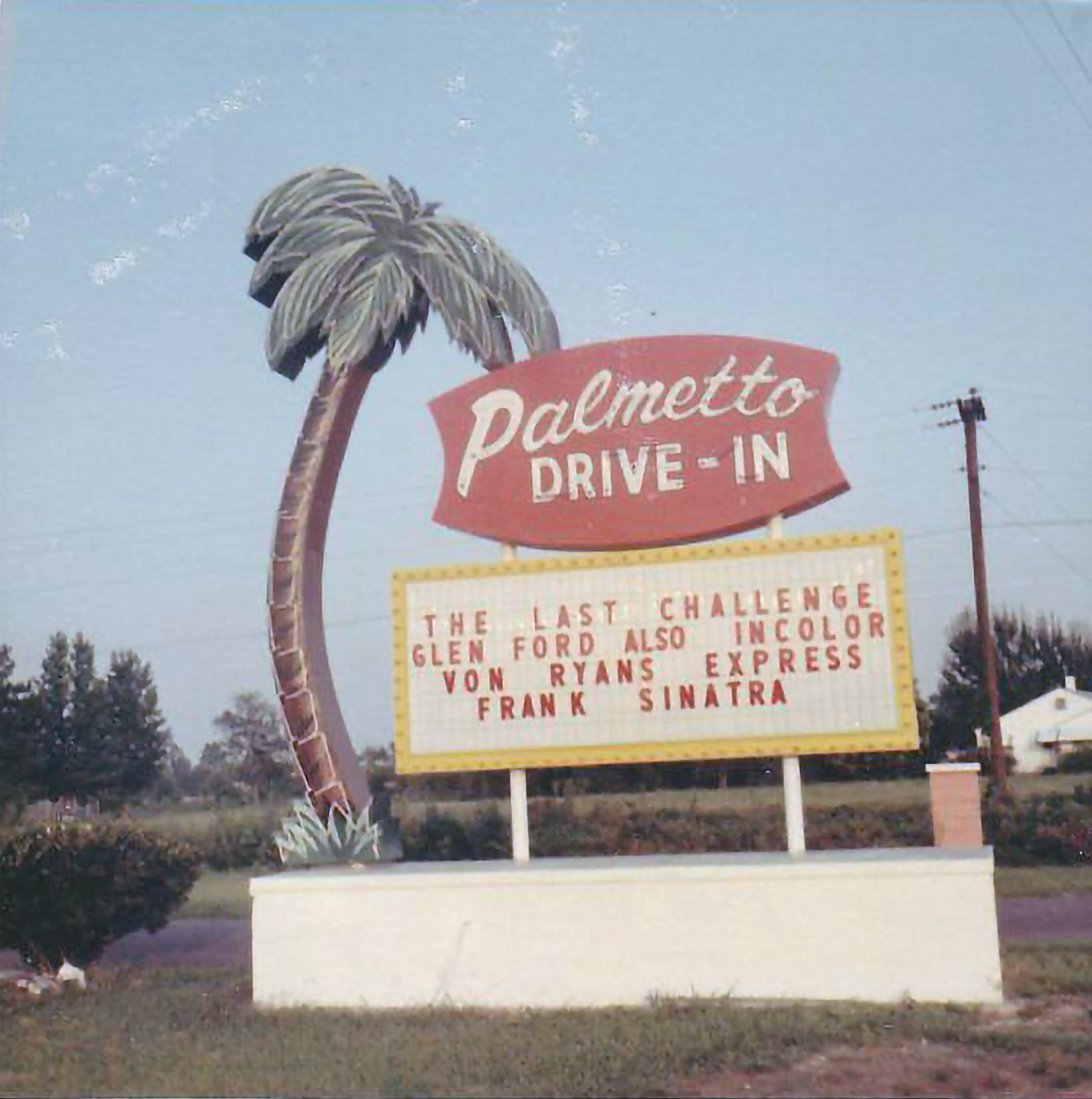
Palmetto Drive-In sign
Smith was born in Darlington, SC. Out of high school, he joined the Navy where he learned to be an electrician. After his service, Smith returned home and got a job with the power company.
Smith moonlighted as a musician, playing guitar with a country music group called the Dixie Hot Shots, who performed frequently at venues like the old Army Air Base Theater and other dance halls around Florence in the late 1940s. Unfortunately, the music was put on hold when Smith was electrocuted in a work accident which cost him, literally, an arm and a leg.
Smith did not let his injury keep him down. After recovering, he saw an opportunity to get into the theater business.
During its first four years in operation the Palmetto was jointly owned and managed by Smith and Mr. Sam Neil of Darlington.
Like the other drive-ins in Florence, the Palmetto had a central concessions stand and projector booth. The audio was played through individual speakers mounted to posts beside each parking spot. Some of the speaker posts are still visible today, sticking up out of the ground in the wooded area behind the Efird dealership property.
In 1956, Smith bought out Neil’s share of the partnership. Over the next twenty-two years, Smith ran the Palmetto Drive-In as a successful family business.
Smith enjoyed being the first drive-in in Florence to offer certain films, and heavily promoted whenever movies had their “FIRST DRIVE-IN SHOWING” at his theater. Although he did not know it at the time, the Palmetto would soon premier Smith’s own films.
The Palmetto certainly played its share of adventures, comedies, romances, and Elvis movies, but in the mid-1960s the pulp film market began to explode with schlock horror, sci-fi, and skin flicks which made the rounds through America’s rural drive-in circuit.
Smith clearly had a love of these types of films and began to take advantage of their profit potential by showing them frequently at the Palmetto.
These popular low budget movies featured lesser known talent than blockbuster Hollywood features and were quickly consumed by young (but not too young) audiences. As the father of three young daughters, Smith was sensitive to the age-appropriateness of their content, and when concerned about a particular movie, he would include the disclaimer, “Children will not enjoy or understand it.”
Around this same time, Smith took a trip to New York, where he met director Albert Viola, who had worked on the films One Naked Night, and A Woman in Love. The two men became friends and in 1970 collaborated to make a series of surprisingly popular Southern movies.
Smith and Viola’s first film was titled Preacherman, a story of a con-man preacher who grifts the Southern countryside, taking advantage of the good townsfolk for their money and women. Due to the film’s success, they formed their own production company, the Preacherman Corporation.
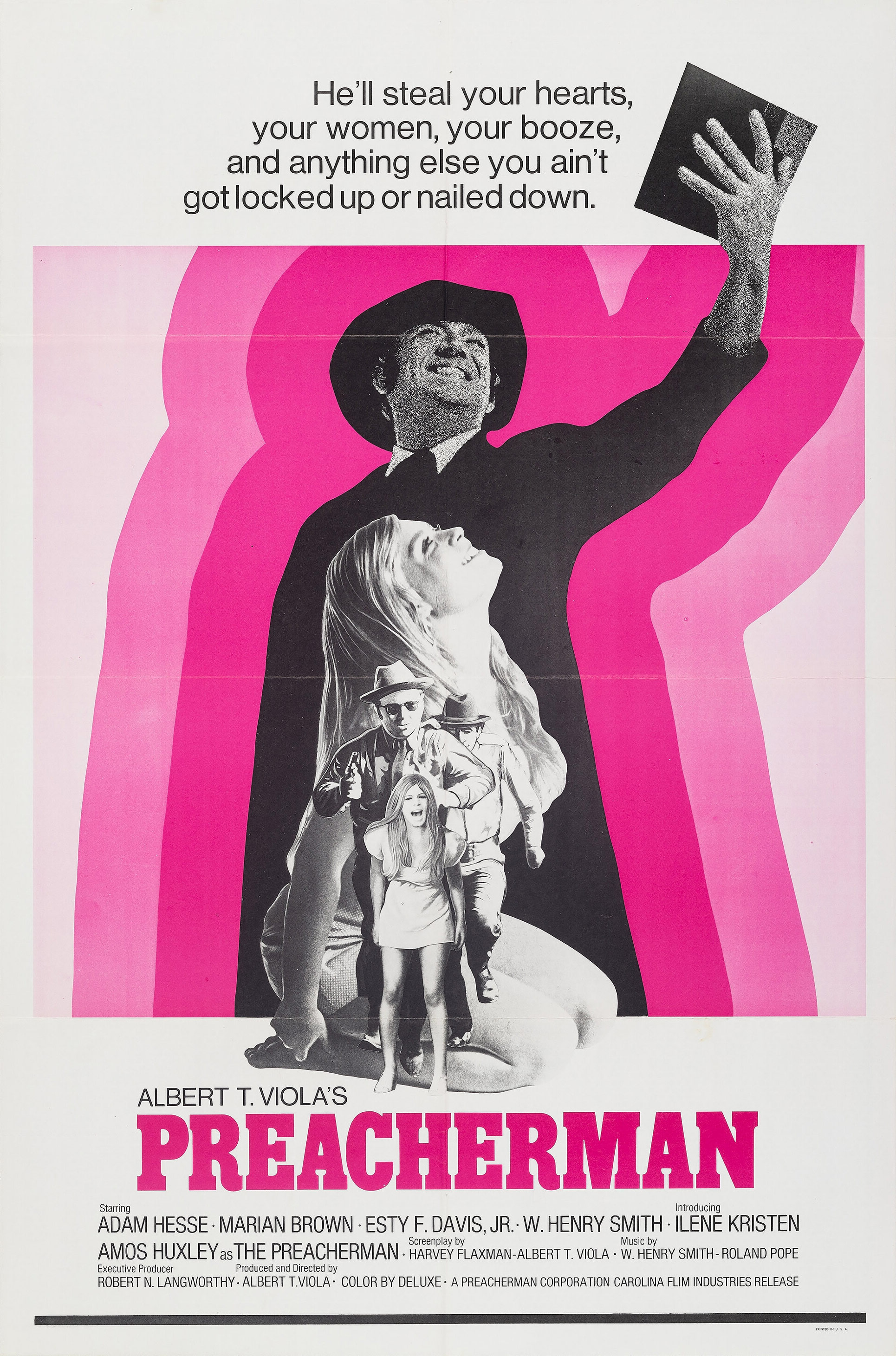
Preacherman movie poster
1971
Over the next six years, Smith and his team produced four more films, including a sequel to Preacherman and other “hick flicks”, including Redneck Miller and Truckin’ Man (AKA Trucker’s Woman).
Perhaps their best known film is 1974’s Hot Summer in Barefoot County, a comedy written by Smith about a city cop who goes undercover to bust a moonshining operation run by a country woman and her three nubile daughters. Smith used his musical talents to compose the soundtrack.
Hot Summer has become a cult classic, and still makes steady appearances at Southern film festivals. In 2007, director Quentin Tarantino, cited it as an early inspiration.
Tarantino, who first saw the movie at a local drive-in in Tennessee, said, “Hot Summer in Barefoot County not only is a fun movie, but it’s a terrific example of regional filmmaking,” emphasizing that the film’s sincerity and charm could not have been accomplished by a Hollywood studio.
Smith would have agreed. Although modern audiences might only see his films for the unintentional humor of their dated characterizations and low-budget effects, Smith and Viola saw local amateur talent as an “untapped resource,” and hoped that their own projects would inspire greater interest in regional filmmaking in the South.
Like other Preacherman Corp. films, Hot Summer premiered in Florence at the Palmetto Drive-In Theater.
The Palmetto Drive-In, like the films he wrote and produced, were labors of love for Smith. Whatever profits he earned didn’t make him rich or famous. In fact, despite the loss of his arm and leg, Smith supplemented his income by teaching scuba diving certification courses while his wife Nell ran a pastry shop at the local mall.
After Smith’s death in 1978, his family tried to keep the Palmetto Drive-In alive. However, the age of drive-in theaters was coming to an end. The Ace and Circle drive-ins had faded away, and the Palmetto Drive-In closed its gates permanently in 1979.



